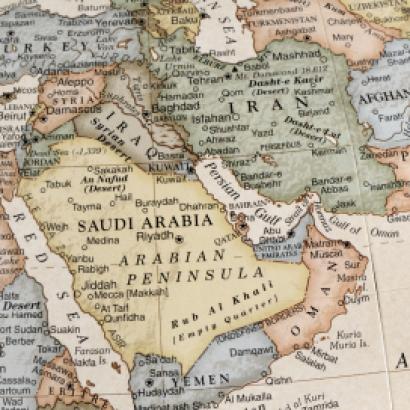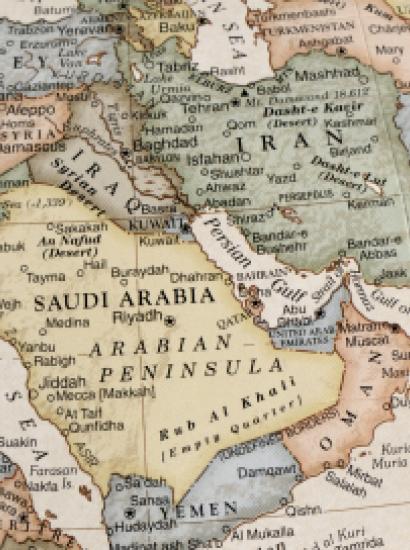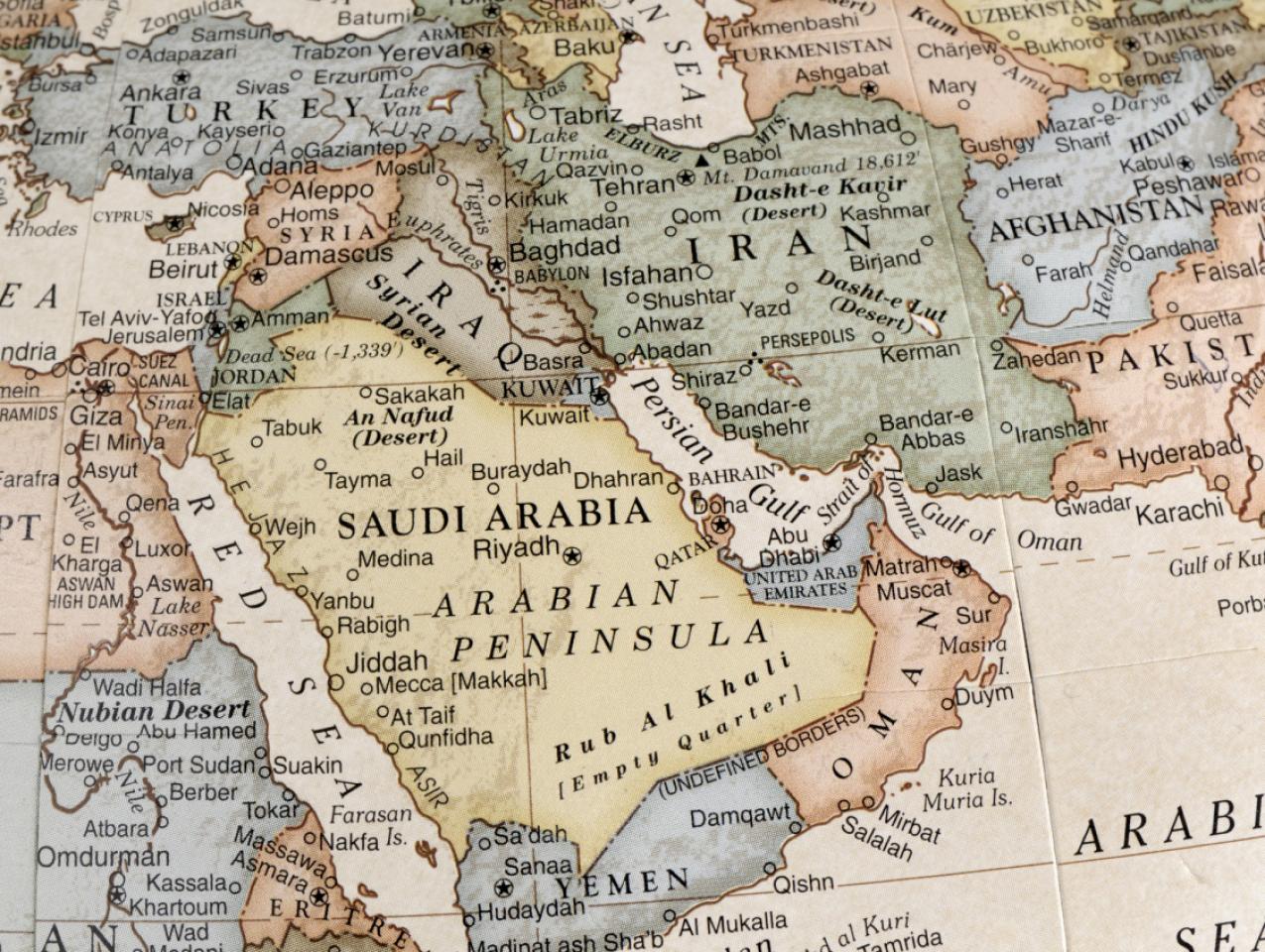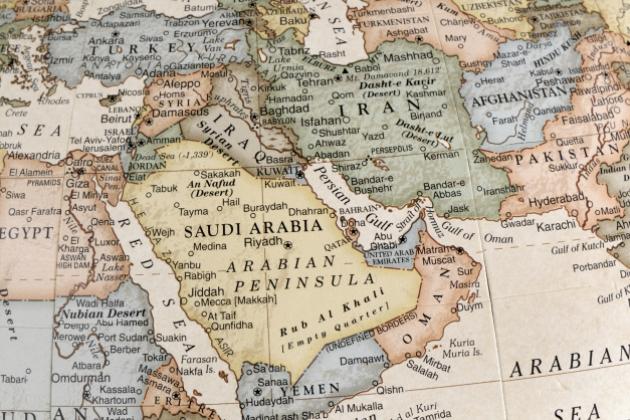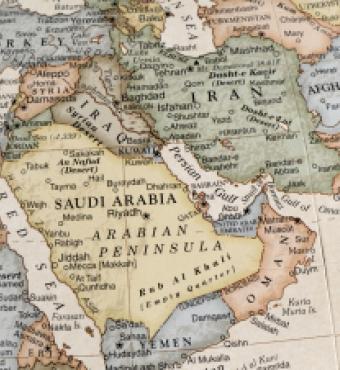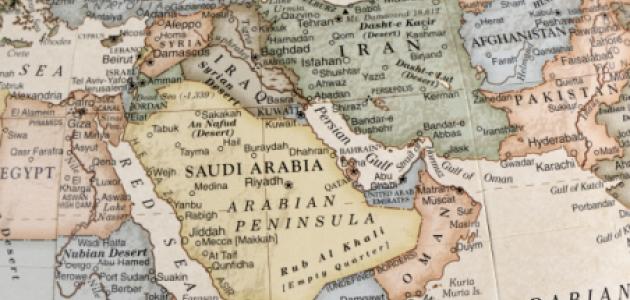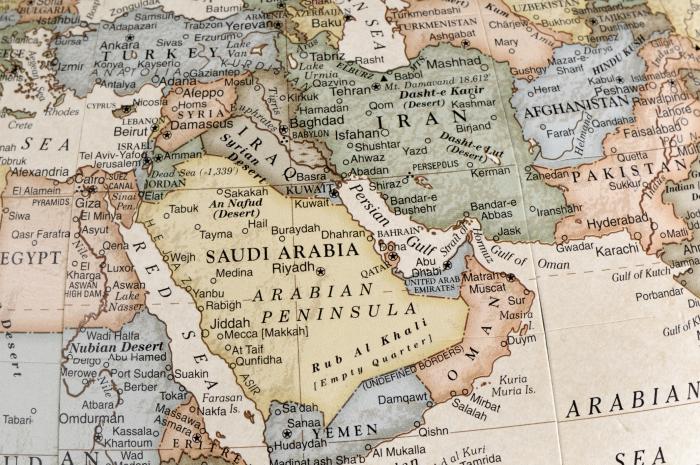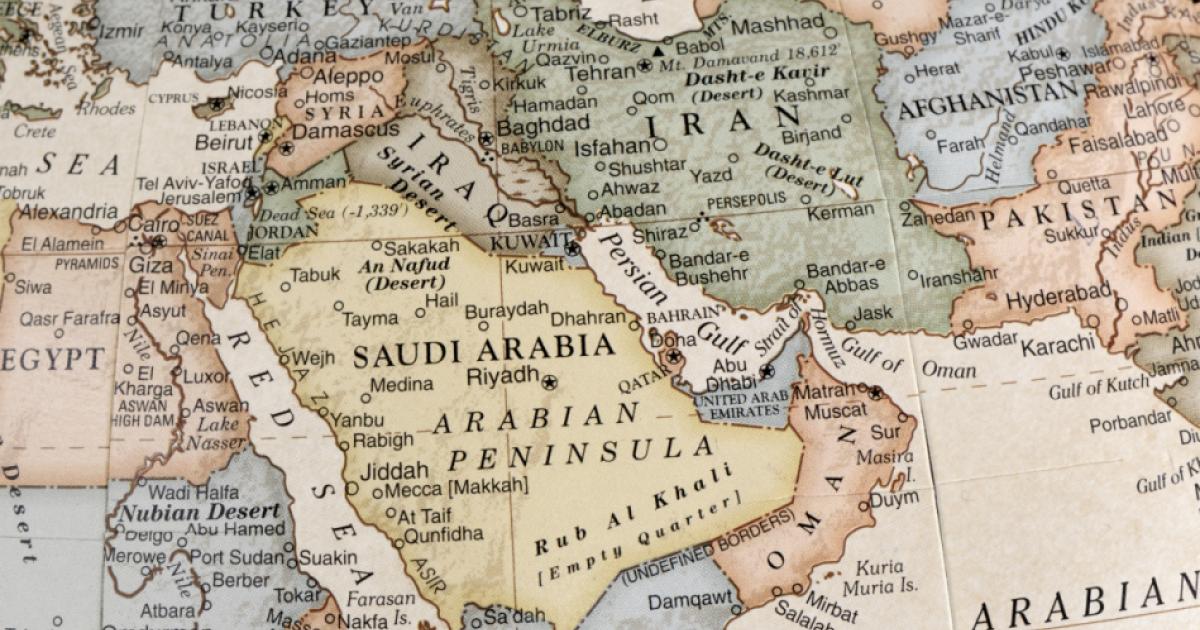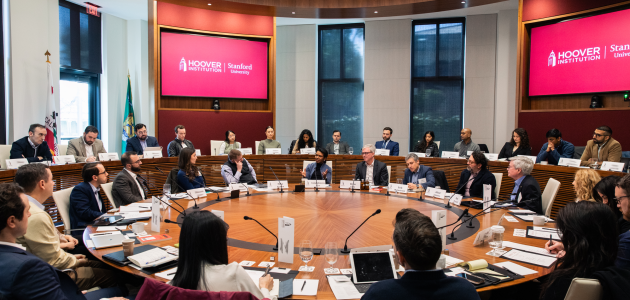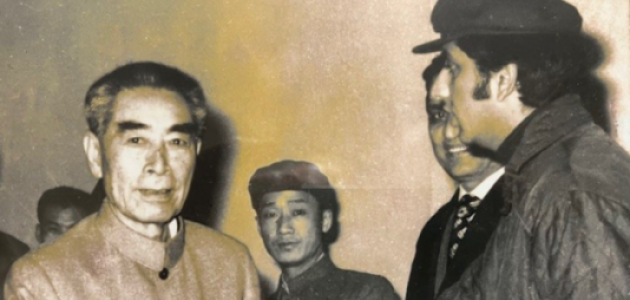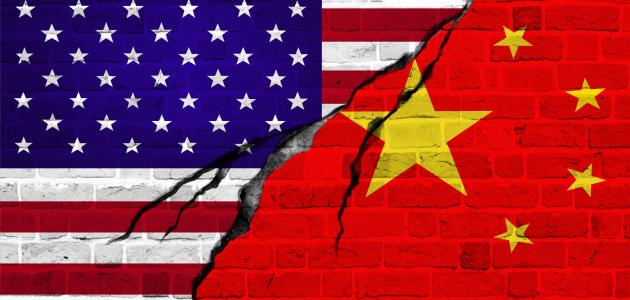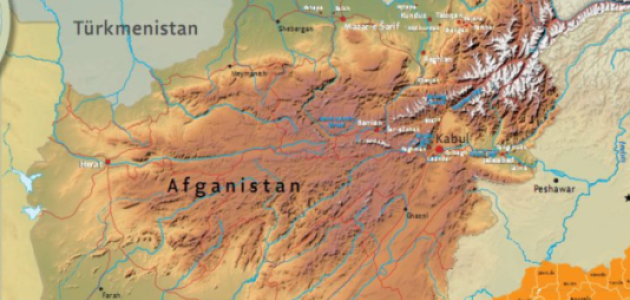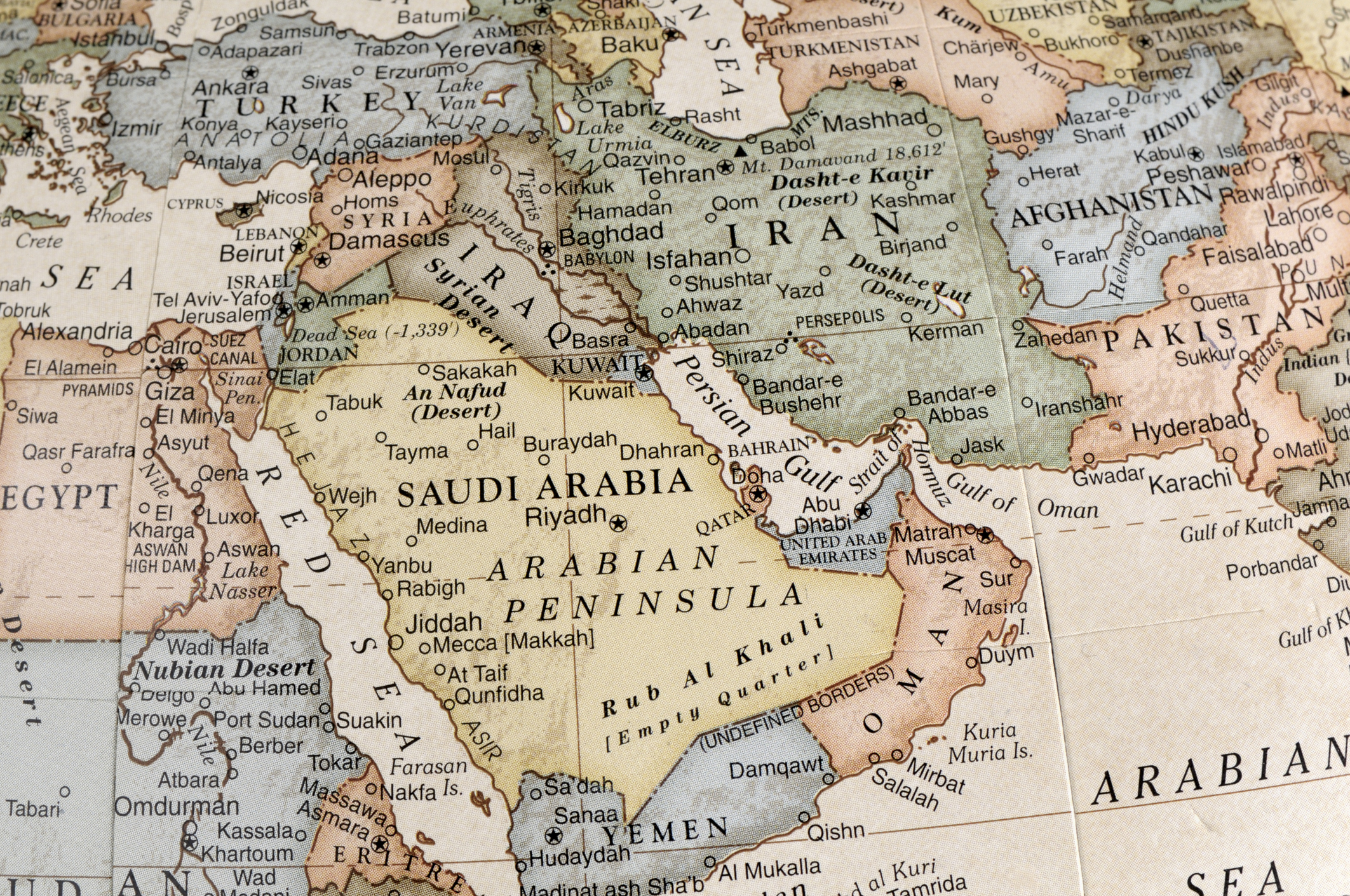
In the wake of Saudi journalist Jamal Khashoggi’s murder, US leadership should think beyond immediate events and consider the long-term, positive policy implications of remaining allied with Saudi Arabia, a Stanford scholar says.
Russell Berman, a professor of comparative literature and a senior fellow at the Hoover Institution, recently authored an article on the US, Saudi Arabia, and Iran for the Hoover publication, The Caravan. The Hoover Institution interviewed him about US policy after the Khashoggi incident:
How can we understand the death of Jamal Khashoggi?
The murder of the Saudi journalist Jamal Khashoggi on October 2 has generated extensive outcry around the world, including condemnation by American leadership and the prohibition of twenty-one Saudis, presumably connected to the event, from entering the United States. Yet the responses to the human tragedy have been complicated by sets of complex power competitions on multiple levels.
First, in the Kingdom itself, the Crown Prince Mohammed bin Salman (MBS) had previously made numerous enemies, partially due to some heavy-handed tactics and partially due to his efforts to reform aspects of Saudi society. (His lifting the ban on women driving, for example, was a declaration of war against the religious establishment.) These internal Saudi opponents have been trying to use the Kashoggi killing to weaken MBS—so far to no avail. King Salman appears to be standing by his son. Whether those domestic opponents had a hand in the killing itself, we do not yet know. (To be clear: no one writing in the public yet knows the full story, and anyone who claims to do so is defrauding the readership.)
Second, Saudi Arabia has one vicious enemy in the Middle East, Iran, and one bitter competitor, Recep Tayyip Erdogan’s Turkey. In the wake of the murder, the Iranians have successfully mobilized their claque in the Western press to attack the Saudi leadership with the obvious goal of weakening the Riyadh-Washington cooperation in order to pave the wave for Iranian hegemony. That’s their game. Erdogan has been similarly using the murder to try to have Turkey replace Saudi Arabia as the key US ally in the region. (The release of Pastor Andrew Brunson from Ankara to Washington was part of that courtship, odd as it is.)
Hence the Turkish strategy of letting news about Kashoggi “drip” into the press, to keep it in the headlines as long as possible. It appears that this strategy may have been moderated somewhat in recent days. It is of course bizarre to see Erdogan trying to stylize himself as a defender of journalistic freedom.
Third, in the Washington and the American press, the hue and cry about Kashoggi has really been—no surprise there—about the upcoming election, another effort to get at President Trump. The current administration has banked on repairing the Saudi relationship after the Obama administration damaged it with its divisive anti-Arab, pro-Iran policy.
There are plenty of pundits and other operatives, inside the DC beltway and beyond, who now want to return to the Obama plan and therefore undermine President Trump by attacking his Saudi agenda. Kashoggi gives them an opportunity. In other words, they really don’t care much about press freedom, otherwise they would not be so willing to carry water for Ankara or Teheran—hardly beacons of free and open discourse. For American politics, Kashoggi is really just another part of the election campaign.
How might this event affect the US-Saudi Arabia relationship going forward?
As noted, Iranian advocates have been using Kashoggi to attack US policy. If, like the Washington Post, you opposed the Trump administration’s rejection of the JCPOA (the Iran nuclear deal), then you see this as an opportunity to attack the Saudis in the hope of reopening the Obama-era love affair with the mullahs in Tehran. At this point, that pro-Iranian revisionism appears to have failed. The Trump administration has returned to the traditional US policy of maintaining strong ties with Riyadh, after and despite the Obama hiatus. The president and the secretary of state have both properly condemned the murder and there have been consequences; there may be more.
Riyadh will have learned that it cannot act with impunity. In the end, however, it is likely that the US-Saudi relationship will continue, even if the earlier enthusiasm has been tempered. The objective grounds for the relationship have not disappeared.
What does a strong US-Saudi relationship offer America?
First, even if the age of oil is (slowly) coming to an end, Saudi Arabia is vital as an energy source to many of our allies and, if not directly, to the United States. It is in the United States’ national interest to avoid having the Saudi oil fields come under the control of our adversaries. We do not want our allies subject to energy blackmail by the Iranians or the Russians.
Second, Saudi Arabia remains the most important counterweight to Iran in the Muslim Middle East; and Iran, a significant regional power, has anti-Americanism indelibly inscribed in the ideology of the regime. That regime came to power in 1979 with the notorious hostage-taking at the American embassy, and its hostility to the United States has never been reduced, not even in the wake of the Obama-Kerry misstep with the JCPOA. Abandoning Saudi Arabia would hand the region to Iran (some wish for that, of course), and it would undermine American credibility far beyond the region.
Third, a de facto cooperation has been taking shape between a key American ally, Israel, and Saudi Arabia. This a promising development, both with regard to the prospects for peace in the Middle East and in terms of larger US strategic initiatives.
Fourth, and perhaps most important: the US relationship with China has grown increasingly adversarial, and the Chinese grand strategy (the Belt and Road initiative) involves growing a network of power and influence across the Eurasian land mass and into the resource-rich areas of the Middle East and Africa. This is not only about feeding the Chinese economy (although it is of course that too), but it is also about eventually establishing a Chinese hegemony from which the United States, with no toehold in the eastern hemisphere, would be excluded—and therefore excluded from the large markets and population centers of the world. The US-Saudi relationship is ultimately a piece in an American strategic alternative to Belt and Road.
What shared interests in the Middle East do the United States and Saudi Arabia have?
The Saudis can play a role in a peace process between Israel and the Palestinians, but I think there are additional issues. The Saudi leadership, and MBS, in particular understands that the Kingdom has to diversify its economy and modernize its culture. The permission for women to drive is a small step in that direction, as is the introduction of public music performances and cinema—all this was prohibited not that long ago. In economic terms, these reforms open up moderate opportunities for the US entertainment industry, but more importantly in substantive cultural terms, all this implies potential improvements in the status of women. Looking at the Middle East, one sees a reactionary regime in Tehran and a leadership in Riyadh with a moderate reform agenda. It is consistent with American values to oppose the former and to support the latter.
We share the spirit of that reform agenda because it is also in the US agenda to undercut Islamist radicalism. Some of that radicalism came out of the Wahabi establishment in Saudi Arabia itself, and it is exactly that establishment that the Crown Prince has challenged. Opposing Islamist terrorism/violent jihadism is in American interests, Saudi interests, and, frankly, Muslim interests because Muslims are the primary victims of jihadism.
However, we should not forget that the Saudis—like many of our allies around the world—can find other partners. Geopolitics has become increasingly competitive. China has emerged as the significant challenge to American interests, but Russia also can make trouble (see Syria), as well as Iran.
Even traditional allies, like some of the Europeans, are sometimes happy to get in the way of American initiatives, especially in the Middle East. If the United States were to break with Riyadh, Riyadh could go elsewhere, and perhaps even to one of our opponents. I say this because in parts of the public debate in the United States there is an assumption that the we ought to fully terminate our ties to the Saudis (or other countries) when they do not live up to our standards.
If we did so, however, the Saudis could well turn to Moscow or Beijing to forge a different alliance. Liberals who argue for such severing of ties with the Saudis have an obligation to explain how the likely result would advantage American strategic interests. Indeed, anyone who cares about the US strategic position in the world has to be willing to think beyond immediate events and consider longer term consequences.
MEDIA CONTACTS:
Clifton B. Parker, Hoover Institution: 650-498-5204, cbparker@stanford.edu







